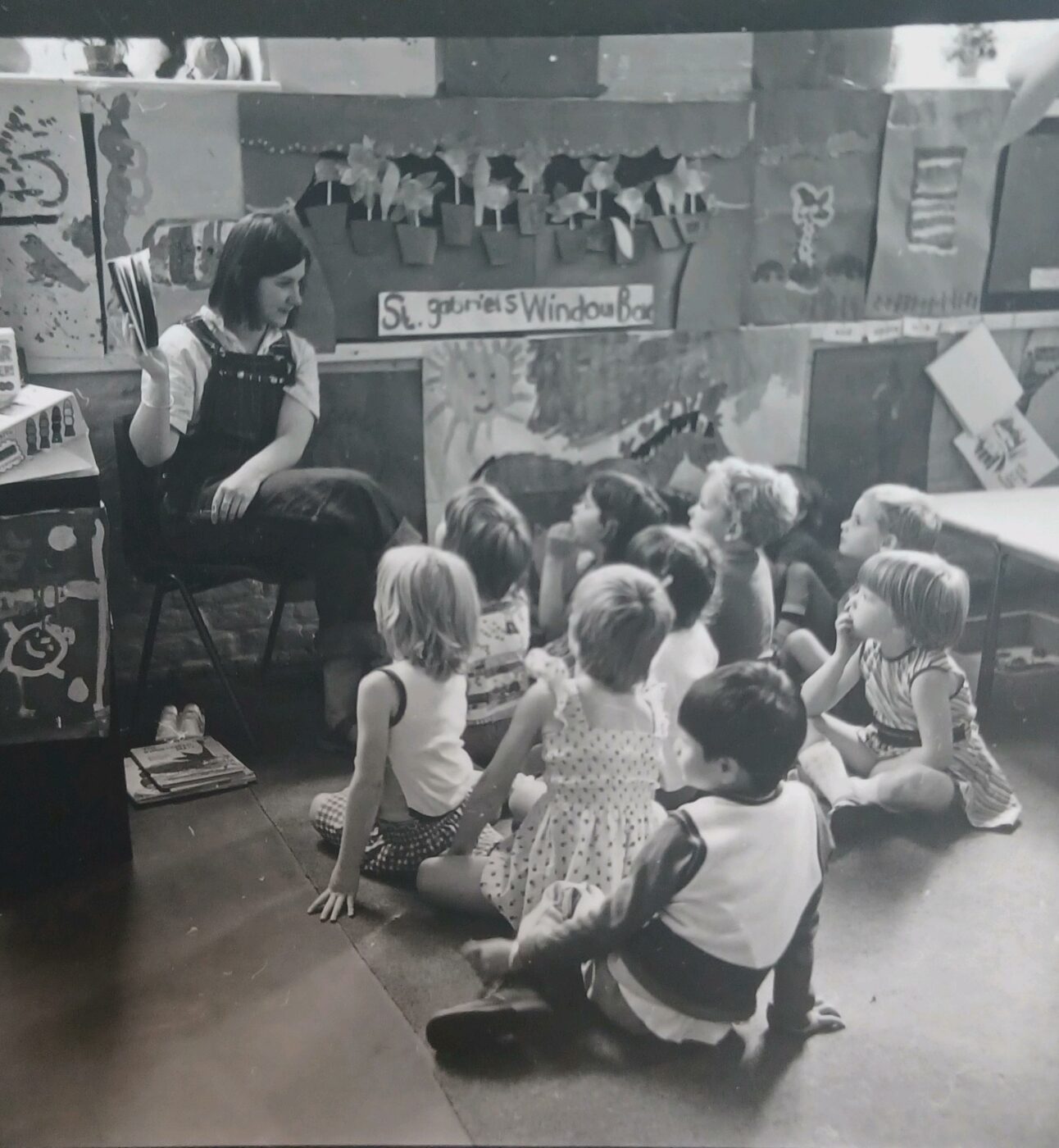
Talking Early Years: Celebrating 120 Years at LEYF
The Year That is 2023 – This year, we are proud to celebrate 120 years of LEYF. It’s been fascinating to reflect back on what has changed over…
December 12th 2011
There appears a general agreement that men in childcare are a good thing: the government has set a target to increase the number of men working in childcare; at LEYF we show our support for this idea by, among other things, having one of our nurseries led by a male team (8% of our staff are male, exceeding the Government target of 2%). But despite all the positive intentions, I confess to having some doubts about how the argument is phrased, and I feel we are at risk of confusing the reasons why we say we need men in childcare.
A couple of weeks ago I sent David Stevens, manager of our Angel nursery, off to Dublin to the Men in Childcare Network Annual Conference. It was held in Ireland in the Wicklow Hills and in Dublin city, so I knew that David would have a good weekend come what may. I was right, he did have a very interesting and positive experience and the hospitality was good. Most importantly, he was pleased to be able to connect and talk with other men interested in childcare, as they also like caring for and teaching young children and see themselves as members of a professional Early Years sector. Interestingly, David was the only man from the UK – his colleagues were Irish or Scandinavian. In any case, the remit of their debate was wide ranging.
Having gone there to represent LEYF, David felt obligated to come and give me feedback. He was grateful for my insistence that he fly Aer Lingus. I was worried that if I sent him on Ryan Air he might end up at an airport in the west of Ireland and never be seen again. Our subsequent conversation confirmed some of my anxieties that the debate about us needing men in childcare seems a bit nebulous. David has been examining the issue for a number of years and has given many presentations about the subject. He comes at it from a very particular male perspective (to help you picture David, he is a shaved headed, tattoo wearing, Chelsea supporting vegetarian) and is clear that getting men into childcare has to begin from the principle that we need men who want to do the job. He also accepts that men are joining a female dominated workforce. We both agree that this type of workforce is not a bad thing, but some arguments make it seem that we need men to be part of the workforce in order to improve our pay and conditions because men won’t work for low status jobs. David and I both agreed that this is a slippery slope, as it undermines the whole sector, patronises those women who have developed the sector and sets men up as being knights on white chargers when in fact we join childcare because we like working with children, do a good job and want to make a difference.
With this in mind, if we are to develop the right strategies to attract the right kind of men, we need to have a better, more informed and intelligent discussion about why we want men in childcare. For example, I had taken the view that we need to share the men out among the nurseries. However, since David has been running his male team at the nursery, I have learned a great deal from him and changed some of my thinking and strategies about how I recruit and deploy men. For example, I no longer place men in a nursery alone if possible, rather place two together. I realised it was unfair to expect one male to reverse significant societal issues – such as family breakdown and some children neither seeing their Dad or having any male role models in their lives. By asking male staff directly, I also found that many disliked being the only man in the team. They found it a bit scary and at times uncomfortable (easily done, as after a while women tend to forget men are men in the team and just make them part of the group). Some men cope whilst others don’t, and find being one of the girls a bit much!
If we really want men to join us in the sector, we need to talk to them a bit more and perhaps develop the argument more coherently. We need to think carefully about what we are asking from men, since in our zeal to increase the number of men in childcare, we may find ourselves inadvertently driving them away. Men have a tremendously important role to play in providing children with a well rounded experience. But to expect them to readdress the gender imbalance, provide positive role models for children who had negative or no experience of men in their family and rebuild trust with women who may have been hurt or abandoned by their child’s father is asking too much.
Instead, let’s start sensibly. As women we need to welcome men into the team as colleagues and equals, not to be a particular role model. As women who lead a female dominated sector, let’s gather our confidence and experience to lead a sector where men can play a part, but where women still lead the charge. If we think that by welcoming men into the sector we will change pay and conditions, and suddenly be seen as a more viable option, we are doing our selves a disservice.
Early Years has a history and a heritage that is female dominated. It has a pattern of great women leaders. It has room for men, but they are men not superheroes. We need to encourage them because we want team members for both sexes, and we want a range of skills and interests that can be best achieved by men and women together. We need to temper the debate for men in childcare with a rational and considered understanding of what men can do to add value.
If you have any direct experience or thoughts on how we can improve the current gender imbalance, only for the right reasons and in the right way, David and I would love to hear from you – so please use the comment box below, or drop David a line directly.

The Year That is 2023 – This year, we are proud to celebrate 120 years of LEYF. It’s been fascinating to reflect back on what has changed over…

The other night I was watching my new late-night Netflix addiction, How to Get Away With Murder. I have reached Series 5 where the main protagonist, Annaliese Keating is…

We all know that the Tiger comes to Tea but we have never had a Duchess come to Breakfast. https://www.youtube.com/watch?v=-6hzbLzcprE The Duchess of Cambridge lightened up our…